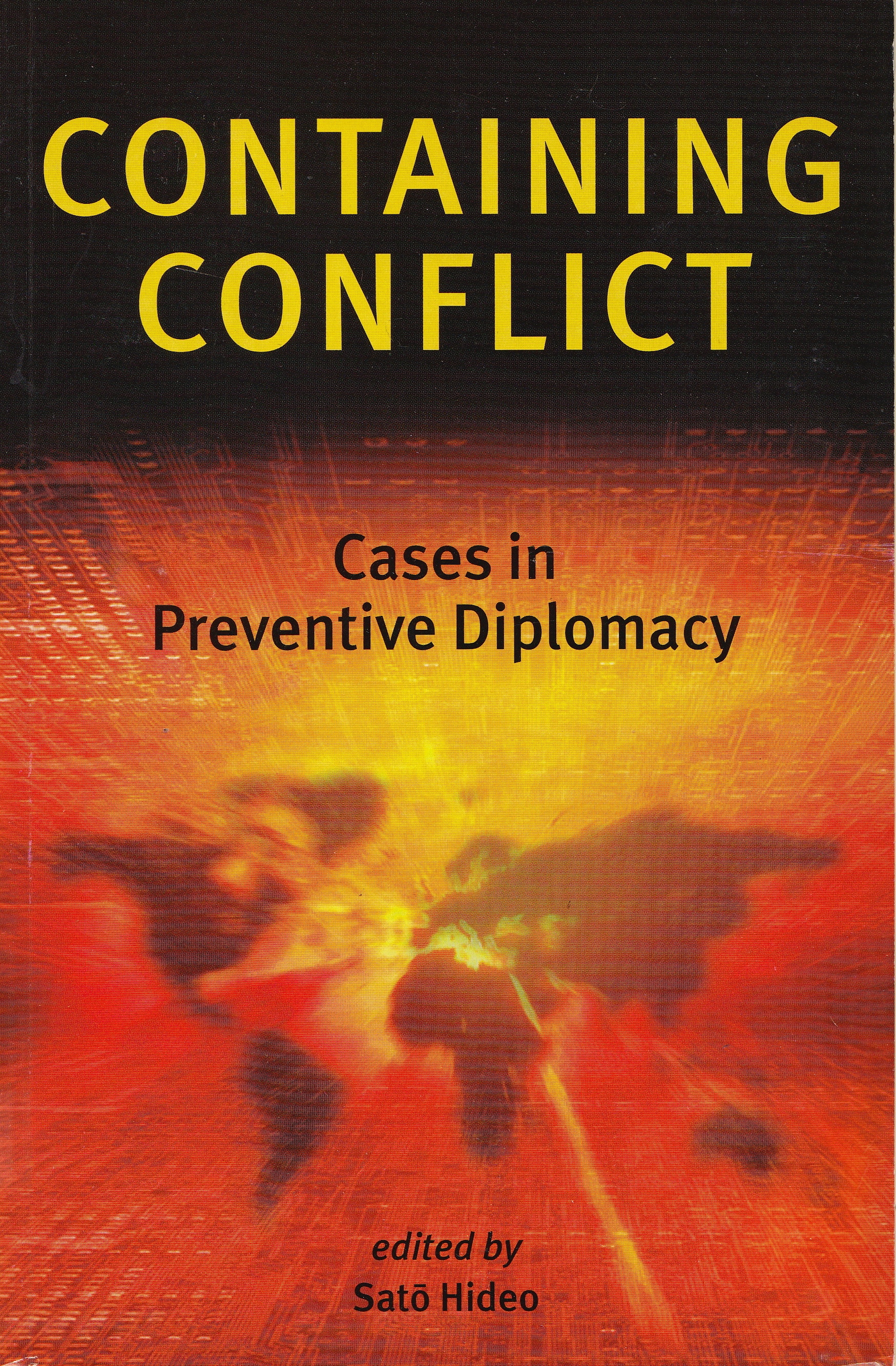In the wake of the cold war, the international community has faced a sudden increase in regional conflicts. While the likelihood of large-scale wars between major powers has significantly decreased, smaller-scale regional and ethnic conflicts have proliferated, presenting a new challenge to strategists and policymakers around the world. Today, the need to strengthen peacekeeping mechanisms and to prevent and resolve conflicts is a major item on the international agenda.
In this volume, five Japanese international relations experts examine such topics as UN reform for the enhancement of preventive diplomacy capabilities; post-conflict peace-building; the principle of self-determination and ethnic conflict; the impact of forced displacement of populations on conflict prevention efforts; reconceptualizing security communities and power-sharing for preventing conflict; and the connection between human rights, democratization, and preventive diplomacy. By analyzing the international community’s responses to conflicts in such locations as the African Great Lakes region, the Balkans, Myanmar, and Cambodia, the authors draw lessons for managing regional conflict through preventive diplomacy.
The book was the product of a Global ThinkNet Fellows project on “New Approaches to Preventive Diplomacy.”
Contents
- 1. Preventing Ethnic Conflicts: A Reconsideration of the Self-Determination Principle
- Gen Kikkawa, Professor of International Law, Kobe University Graduate School of Law
- 2. Security Communities, Power-Sharing, and Preventive Diplomacy
- Toshiya Hoshino, Associate Professor of International Security Studies, Osaka University
- 3. Human Rights, Democratization, and Preventive Diplomacy: The OSCE in Belarus
- Noboru Miyawaki, Associate Professor of International Relations, Matsuyama University
- 4. Forced Displacement and the Prevention of Further Conflicts: Lessons from the African Great Lakes Region and Kosovo
- Hiroko Akizuki, Professor of International Law, Asia University
- 5. Preventive Diplomacy and the Reform of the United Nations
- Mariko Shoji, Professor, Faculty of International Studies, Keiai University
By Hideo Sato, ed.

